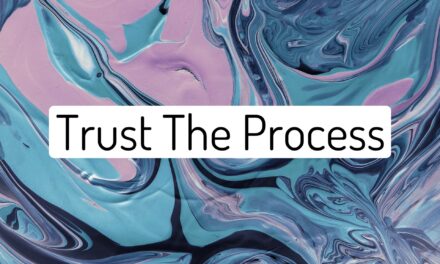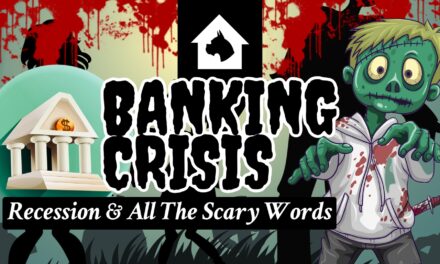In the intricate world of economics, the term “Minsky Moment” commands considerable attention, particularly among those who seek to understand the complex dynamics of financial crises. Coined after the late economist Hyman Minsky, this concept illuminates the transformation of financial markets from stability to volatility, culminating in a crisis. As we stand on the precipice of what some speculate could be a significant economic downturn in 2025, understanding the Minsky Moment and preparing for its possible implications is paramount for individual financial security and resilience.
Understanding the Minsky Moment
Hyman Minsky, an American economist, introduced a theory highlighting the cyclical nature of financial markets, emphasizing how periods of financial stability gradually lead to increased speculation and leverage among investors, ultimately resulting in a market crash or a significant economic downturn. A Minsky Moment, therefore, is that tipping point where market speculation, fueled by extended periods of stable growth and easy credit, leads to a sudden collapse in asset values, precipitating a market crisis or a broader economic downturn.
Minsky identified three stages of borrower risk profiles that escalate toward a crisis: the hedge borrower, speculative borrower, and Ponzi borrower. The progression through these stages reflects an increasing reliance on borrowed funds for profit, culminating in the Ponzi stage where borrowers can no longer pay interest out of their cash flows and must either sell assets or borrow more to keep afloat, which becomes unsustainable.
Preparing for a Possible Minsky Moment in 2025
With the potential risk of a Minsky Moment in 2025, individuals are understandably concerned about how to safeguard their financial and professional lives against a pronounced economic downturn. Here are several strategies to recession-proof your life:
Financial Resilience
- Emergency Savings: Establish a robust emergency fund covering at least six months of living expenses. This fund acts as a financial buffer that can help you navigate through periods of unemployment or reduced income without resorting to high-interest debt.
- Diversify Investments: Diversification across different asset classes (stocks, bonds, real estate, precious metals, etc.) can mitigate risk. Avoid overexposure to any single asset class, sector, or geographical region.
- Reduce Debt: High levels of personal debt, especially high-interest debt, can exacerbate financial difficulties during a downturn. Prioritize paying down debts, particularly those with the highest interest rates.
- Monitor Your Credit Score: A healthy credit score can provide access to better borrowing terms, which can be crucial in financially tight situations. Regularly review your credit report for inaccuracies and work on improving your credit score.
Professional Security
- Skill Development and Education: In an increasingly competitive job market, continuing education and skill development can enhance your employability. Focus on skills that are in high demand and relatively recession-proof.
- Network Building: Cultivate a broad professional network. Strong connections can open doors to new opportunities, especially in times of economic distress when job security can suddenly evaporate.
- Side Hustles and Additional Income Streams: Developing additional sources of income can provide financial cushioning in the event of job loss. Explore areas where you can leverage your skills and interests to generate additional income.
Lifestyle and Mindset
- Adaptability: Being able to adapt to changing circumstances is crucial. This might mean relocating for a job, changing industries, or adjusting lifestyle habits to reduce spending.
- Minimalism: Embracing a more minimalist lifestyle can help reduce unnecessary expenses and save money. Evaluate your spending habits and cut back on non-essential items and services.
- Health and Wellbeing: Investing in your physical and mental health can prevent costly medical expenses in the future. Regular exercise, a balanced diet, and mental health care are essential.





